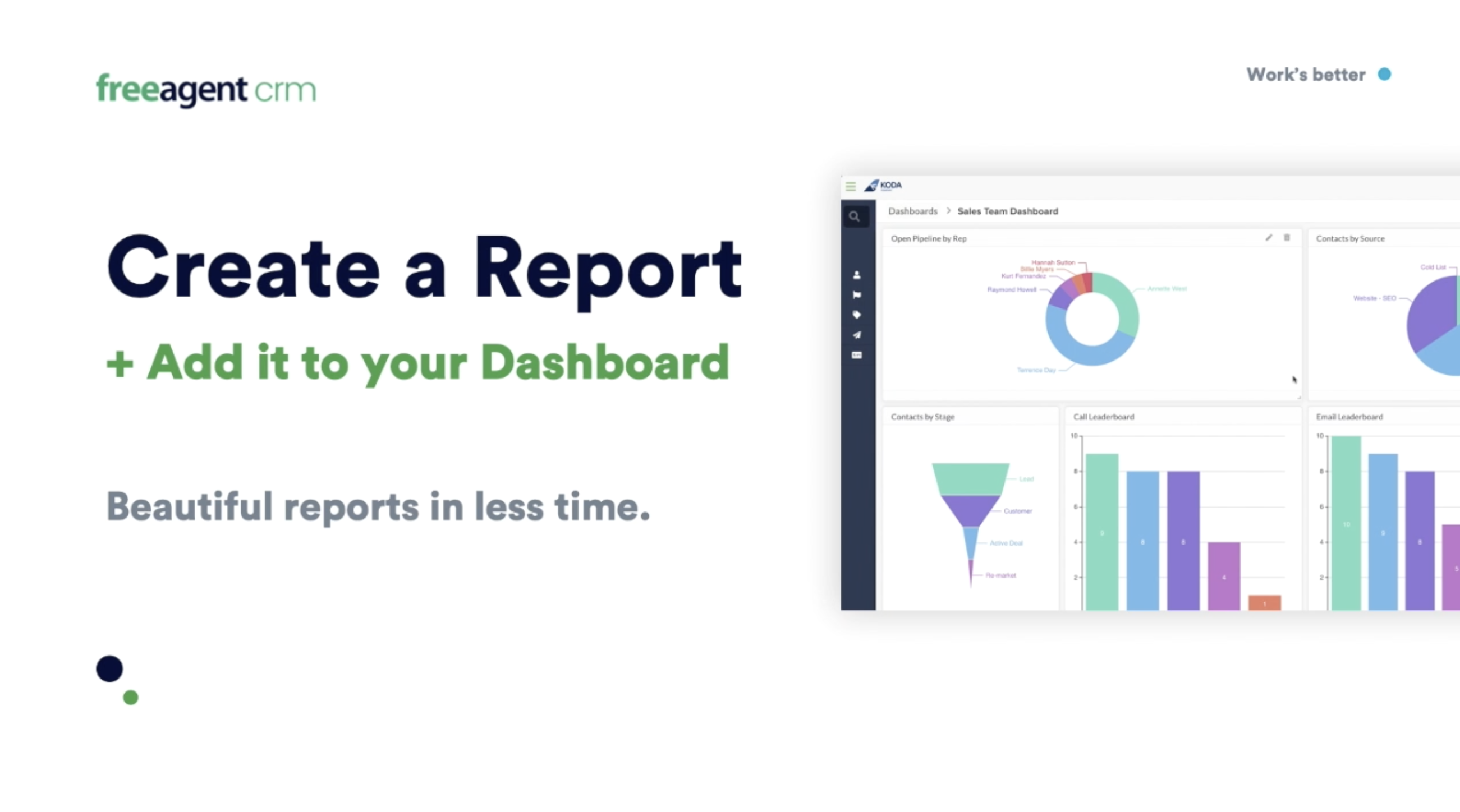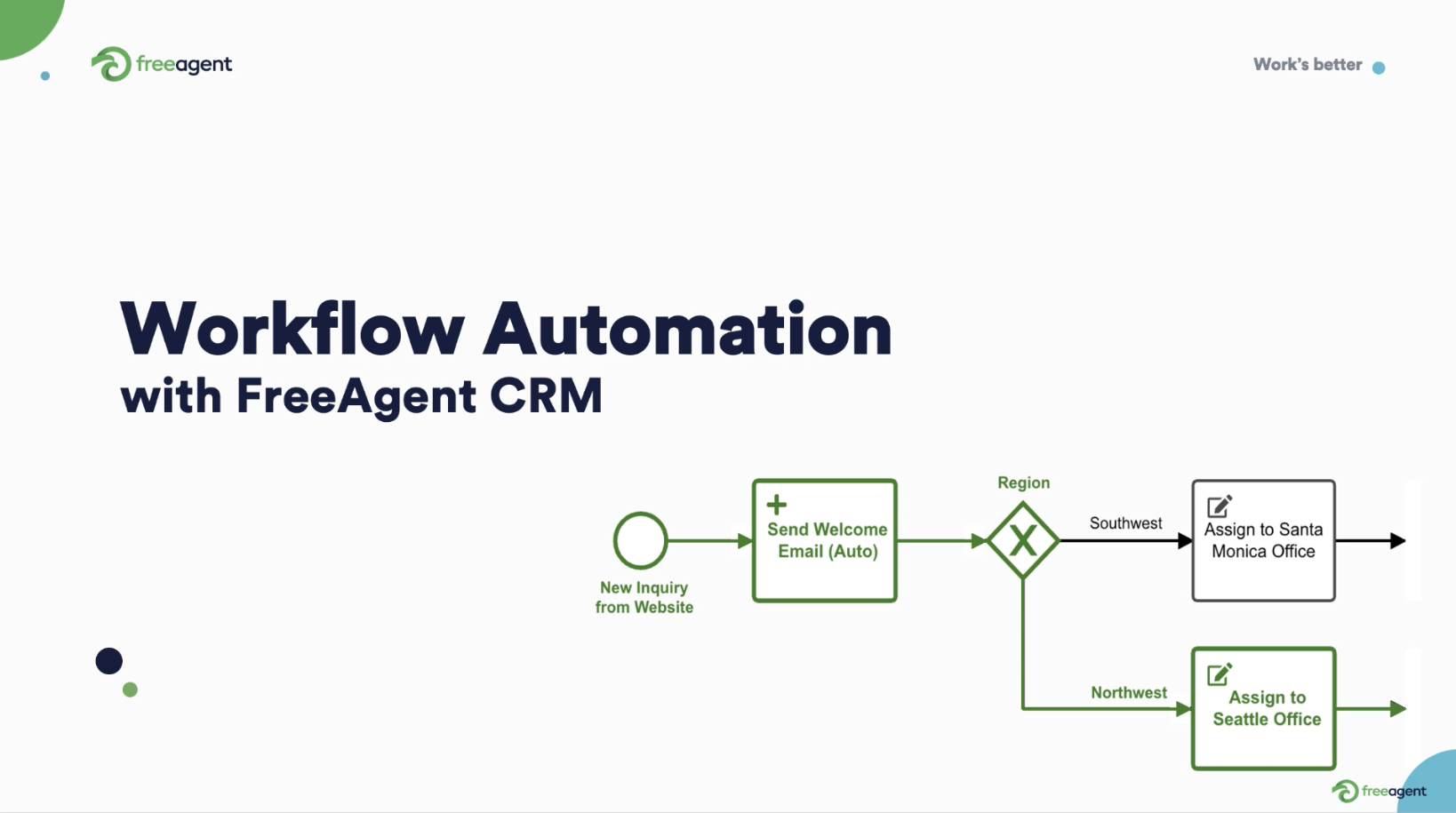Whenever I think of setting proper expectations, I think of pizza. I love pizza, but in this case, it isn’t the delicious aroma of tomato sauce and melted cheese that comes to mind. When I think of pizza in the context of setting proper expectations, I think of the phrase:
“Delivered in 30 minutes or less, or it’s free.”
That was the promise of Domino’s pizza for years, and it set the industry standard for food delivery timelines. The slogan is simple, descriptive, and sets clear expectations.
In business, few things can sour a reputation faster than failing to deliver on expectations.
If you promise to deliver a product or service at a specified time and fail to do so, you have just broken the trust (and possibly a contract) of your customer.
Ditto if the product or service is below the standard you promised.
Of course, global pandemics, supply chain issues, and natural disasters can prevent you from meeting expectations. Yet, these issues are rarely the cause of our failure to deliver.
Best-guess timelines, unpredictable production cycles, and communication gridlocks cause most missed deadlines and failed projects. The cause of these issues is almost always lack of visibility.

Customer satisfaction is highly profitable
Consider the following findings from a survey by Dimensional Research:
- 62% of B2B customers and 42% of B2C customers purchased more after a positive experience
- 66% of B2B customers and 52% of B2C customers stopped making purchases after a negative experience
Or this statistic from the White House Office of Consumer Affairs:
- A dissatisfied customer will tell between 9-15 people about their experience. Around 13% of dissatisfied customers tell more than 20 people.
This means if you sell a $100 product and give poor customer service to a customer, you’ve just lost $900 in future income.
In their book Leading on the Edge of Chaos, Emmet and Mark Murphy write that:
- A 2% increase in customer retention has the same effect as decreasing costs by 10%.
The data is clear: making our customers happy ensures their future business, decreases negative word of mouth and saves us money.
Don’t guess, use a CRM to make predictions
When you quote a timeline for a customer, whether for a service or a product, is that quote based on data or on what “should be achievable”?
For many businesses, benchmarks are used to set standards. “If our competitor promises delivery in 30 minutes or less, we should be able to match that or risk losing customers to them.” In practice, benchmarking our targets against our competition can set us up for failure.
If we look at the Domino’s pizza example again, delivering a pizza in 30 minutes or less may be achievable for them. Domino’s has dozens of locations spread across nearly every city in the US.
They have giant pizza ovens that can cook up to 20 pizzas at a time, and an assembly line that employs half a dozen employees or more during peak periods.
If a small, family-owned pizza shop tries to match the offer made by Domino’s, they are likely to disappoint customers and lose a lot of money.
Setting proper expectations depends on us understanding our unique business capabilities. That is how a work management tool, like a CRM, can help us deliver on our promises.
A modern CRM tracks more than just your customer interactions — it also tracks your team’s tasks.
This data can be filtered and compiled to produce detailed reports that give you accurate timelines for all of your business processes.
You can see how long a service implementation takes in January vs. in June, or how many hours it takes to produce a product. This allows you to make fact-based, data-driven predictions.


Emphasize your strengths
A CRM also helps you gain insights into your timelines and production cycles to discover what you do well or not.
For example, you probably know which of your products or services sells the most. But do you know how those figures reflect in businesses with 50-100 employees?
Which products sell for the lowest cost (in both capital and labor), and which ones results in the most referrals?
A CRM can provide that analysis in a few clicks. This data helps you make key decisions about what products and services to promote and when to promote them.
Knowing what you do best as a company allows you to position yourself properly and attract the right customers at the right time.
Let’s consider again our small, family-owned pizza shop. We know that trying to deliver a pizza in 30 minutes or less could be a real challenge for them.
They’d have to add more staff and get a bigger oven, which drives up their costs significantly.
Now let’s imagine that this pizza shop identified that their customers weren’t particularly concerned with rapid delivery.
In fact, the numbers show that their most popular pizzas take the longest to make, and often don’t reach their customers until nearly an hour after they are ordered.
This data tells us that focusing on fast delivery may not be a selling point for the shop.
Instead, they should focus on creating specialty pizzas that aren’t available through Domino’s or other chain restaurants.
Accurate data uncovers flawed assumptions and helps us identify areas of strength to capitalize on.
These insights allow us to set expectations that we can repeatedly deliver against, leading to happier customers and positive brand experiences.
Underpromise, overdeliver
Setting proper expectations is about more than just data. While accurate predictions need to be supported by data-driven insights, how we position our predictions has a big impact on how customers receive our services.
Adhering to the “Underpromise, overdeliver” mantra helps you meet and exceed your customer’s expectations.
When predicting delivery timelines, give yourself plenty of wiggle room. If a customer expresses urgency, provide an accurate timeline, complete with a stage-by-stage breakdown of what is to come.
This shows your expertise and reassures the customer about the process.
Throughout the process, inform the customer of your progress as you go. You can automate this step with your CRM.
If all goes well and you deliver earlier than expected, your customer will be pleasantly surprised.
On the other hand, if you hit a speed-bump along the way, you have given yourself enough time to recover and still deliver as promised.
You can use this same approach when creating quotes for your services. Your CRM data allows you to estimate project costs more accurately.
The more information you can share with your customer, the more involved they will feel in the process.

Modern CRMs are more than just customer-focused tools – they are work management platforms that can improve every aspect of your business.
FreeAgent CRM is leading the way in this field, and you can test-drive FreeAgent CRM right now with a pre-made demo customized to your needs.






